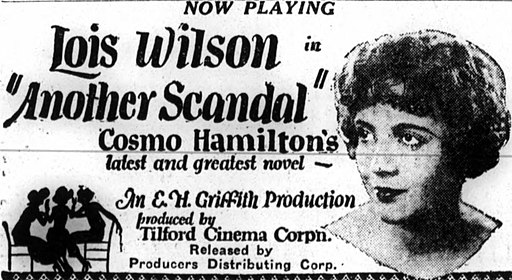Testifying before the US House Oversight Committee on July 31, Devon Archer allegedly claimed that his former business partner, Hunter Biden, trafficked in the “illusion of access” to his father, then vice-president Joe Biden.
Republicans took a victory lap on Archer’s testimony, saying it proves the “Biden brand” played a key role in various corrupt dealings, up to and including multi-million dollar bribes to the “Biden crime family.”
Democrats took a slightly less convincing triumphal tone, claiming the testimony establishes that, as White House press secretary Karine Jean-Pierre said last week, Joe Biden “was never in business with his son.” The “brand” was Hunter Biden’s own. Any exploitation of Joe’s position presumably occurred without his direct knowledge, let alone any “10% for the big guy” type arrangements.
As I wrote when the “Hunter Biden laptop” story broke the month before the 2020 presidential election:
“Everyone who might care one way or another knew years ago that Biden the younger got a sweetheart job with Burisma, a Ukrainian energy company, because Biden the elder was vice-president …. Everyone who might care one way or another also knew years ago the Joe Biden used his position as vice-president to intervene in Ukraine’s internal affairs, pressuring Kiev to fire a prosecutor who had investigated Burisma, because Biden bragged about doing so on camera.”
Trump’s voters didn’t care about his hush money payments to Stormy Daniels when they voted in 2016, or about his first impeachment when they voted in 2020. Nor do they care about his growing stack of criminal indictments now.
Biden’s voters didn’t care about his influence-peddling when they voted in 2020. Nor is their discomfort level visibly increasing at the moment.
Per William James, “a difference which makes no difference is no difference at all.”
We may be headed for the third presidential impeachment (and likely third Senate acquittal) in four years and, as with the first two, this one is less about any alleged “high crimes and misdemeanors” than it is about trying to ride a scandal to victory in the next presidential election.
But in the post-Nixon era, no amount of scandal ever seems to move the needle very much for either party when it comes to election results.
And why should it? Behind their pomp, pageantry, and demagoguery, those who rule us have ALWAYS been the moral equivalents of organized crime bosses and street-gang shot-callers. Acknowledging the banality of their evil strikes me as … progress!
Thomas L. Knapp (Twitter: @thomaslknapp) is director and senior news analyst at the William Lloyd Garrison Center for Libertarian Advocacy Journalism (thegarrisoncenter.org). He lives and works in north central Florida.
PUBLICATION/CITATION HISTORY



